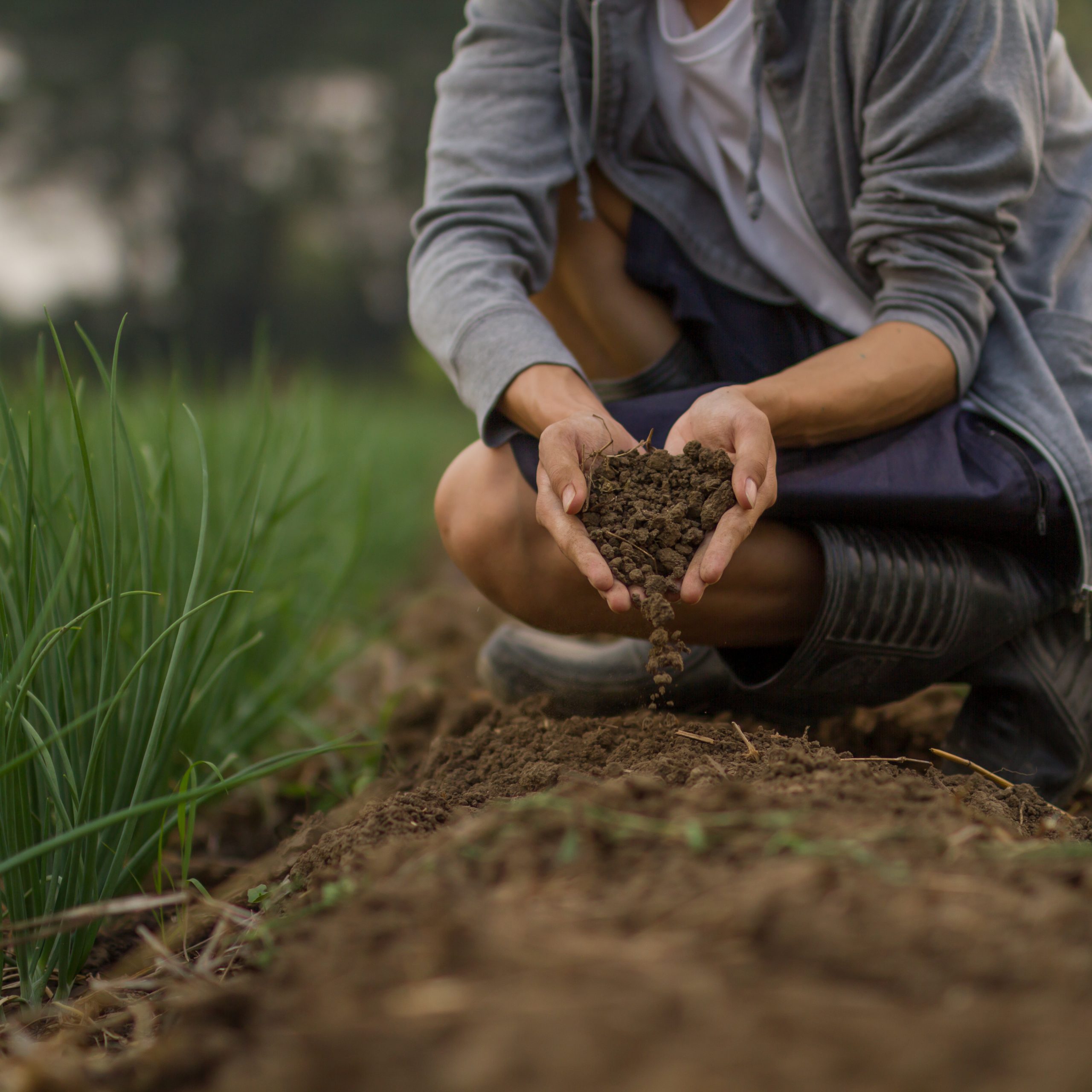Wisconsin Farmer Says Manure-Based Composting is Organic and Sustainable

In a world increasingly drawn towards sustainable agricultural practices, Tenzin Botsford’s journey into the realm of compost-making offers valuable insights for enhancing soil health and crop productivity. Tenzin, alongside Stacey Botsford, operates the Red Door Family Farm, an organic vegetable farm located near Athens, Wisconsin. Their organic vegetable farm, Red Door Family Farm, has become a platform for Tenzin to share his experiences and thoughts on the intricate art of composting, specifically focusing on the transformation of livestock manure into a potent soil-enhancing tool.
Sourcing Quality Manure: A Prerequisite for Successful Composting
Tenzin Botsford emphasizes the significance of sourcing livestock manure from trusted and responsible sources. He underscores that the quality of the manure source greatly influences the composting process and the final product’s efficacy. For Tenzin, a combination of sawdust and manure from a bedded pack on a friend’s dairy farm serves as the primary raw material for their composting efforts. He stresses the importance of understanding the management practices employed by external manure sources, particularly highlighting the potential impact of commercial wormers on the composting process.
Composting Process and Benefits
Tenzin Botsford employs a tractor and loader to ensure the periodic mixing and aeration required for successful composting, as utilizing a tractor-operated compost turner is beyond their farm’s scale. He praises the stability that composted manure brings to the end product, where nitrogen, phosphorus, and other micronutrients integrate with carbon during composting. This integration results in stability, minimizing volatilization and leaching concerns. Additionally, he notes that properly composted manure maintains and even enhances its nutrient levels in half the original volume, allowing for efficient transportation and nutrient delivery to the fields.
Unlocking the Value of Compost
Tenzin Botsford’s enthusiasm for composting is palpable, driven by the realization that the benefits of composting extend beyond its individual components. The resulting compost offers a valuable nutrient source for plants, effectively enhancing soil microbial communities. This, in turn, promotes nutrient availability while reducing the risks of runoff and volatilization associated with conventional fertilizers. Botsford points out that conventional phosphorus, for example, is only about 30 percent available at best, and its immediate solubility upon application contributes to environmental concerns.
Practical Considerations and Aspirations
Practically, Botsford emphasizes maintaining a desirable moisture level of around 60 percent for an effective windrowed compost pile. For Red Door Family Farm, this involves keeping windrows at a height of approximately 7 feet and a base width of nearly 10 feet. Despite challenges such as dry weather and irrigation demands, Botsford aims for a seasoning period of one year. This allows for the breakdown of compost components, the formation of stable humates, and the establishment of a robust microbial community. The outcome is improved soil structure and nutrient retention, supporting plant health and vitality.
A Sustainable Path Forward
Red Door Family Farm’s adoption of composted manure showcases both the potential and rewards of sustainable agricultural practices. Tenzin Botsford highlights the significant cost savings achieved through reduced reliance on purchased organic fertilizers and costly compost. The farm’s move away from mineral-based inputs signifies a commitment to enhancing soil health and ensuring long-term sustainability. With 18 months of composting experience, Botsford’s journey reflects a deep-rooted dedication to creating disease-suppressant soil and cultivating thriving plant ecosystems.
Sharing Insights with the Community
Tenzin Botsford’s expertise and dedication found an eager audience during the “Focus on Conservation” field day organized by the University of Wisconsin-College of Agricultural and Life Sciences. His presentation at the UW-Marshfield Agricultural Research Station near Stratford, Wisconsin, allowed fellow enthusiasts to delve into the world of composting and sustainable farming practices. As the agricultural landscape evolves, voices like Tenzin Botsford’s continue to inspire and guide the journey toward a more sustainable and resilient future.
Source: Agri-View



